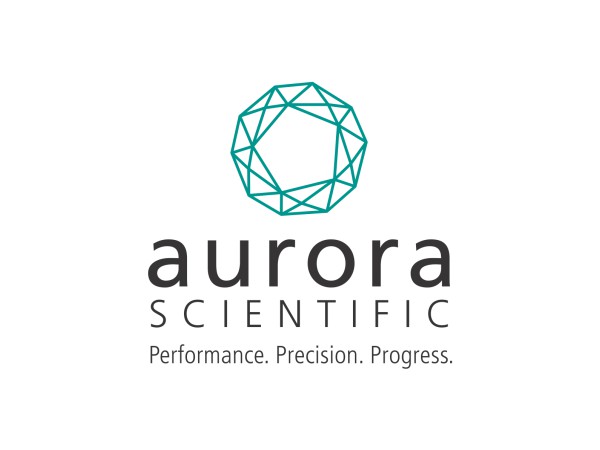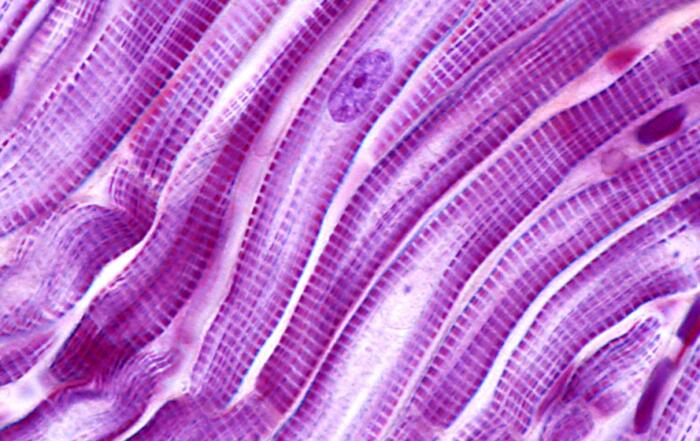Organize and Streamline Data Collection with DMC LabBook
During this four part Tech Cast series Matt Borkowski from Aurora Scientific addresses the latest innovations to their Dynamic Muscle Control and Analysis Software (DMC LabBook). Matt gives an overview of the program before talking about the three core functions and improvements to the software: study management, the visual experiment editor, and the pre-launch window, and going for a deeper dive into each one with a complete software demonstration.
-
[1] - Introduction and Summary - DMC LabBook by Aurora Scientific
-
[2] - Study Management Overview and Demonstration - DMC LabBook by Aurora Scientific
-
[3] - Experiment Editor Overview and Demonstration - DMC LabBook by Aurora Scientific
-
[4] - Pre-Launch Window Overview and Demonstration - DMC LabBook by Aurora Scientific
Resources
To download a PDF copy of the presentation, click on the “LinkedIn SlideShare” icon located in the bottom-right corner of the slide-viewer. From the SlideShare landing page click the “Download” button to retrieve the file.
Additional Resources
Presenters
General Manager
Aurora Scientific Inc.
Matthew Borkowski is a biomedical engineer and a graduate of the University of Toronto. He has been involved in product design and customer support at Aurora Scientific for over 15 years. Today, he spends much of his time in the lab consulting with scientists, assisting with novel application of Aurora Scientific instruments in various disciplines, including muscle, tendon, and connective tissue research.
Production Partner
Aurora Scientific, Inc.
Aurora Scientific supports the scientific community in its goal of research and discovery by providing precision instrumentation of the highest quality design, construction and functionality for Muscle Physiology, Material Science and Neuroscience applications.

Additional Content From Aurora Scientific, Inc.
Molecular Signals Mediating Increases in Muscle Size and Function
In this webinar, Dr. Bert Blaauw elucidates skeletal muscle regulatory pathways and offers approaches to tackle muscle deficits for therapy.
Cut and Paste of Myosin Binding Protein-C in Striated Muscles
Dr. Samantha Harris discusses the development of three new mouse models in her lab, engineered to target and replace specific myosin binding protein-C paralogs in muscle fibers and impact of their mutations on skeletal and cardiac muscle diseases.
Integrating Patient Engagement and Trainee Development in Pre-Clinical Research
Christopher Perry, PhD discusses how his laboratory aims to discover mechanisms by which metabolic dysfunction causes muscle weakness and apply these findings to develop new therapies for muscle disorders. Homira Osman, PhD provides a particular focus on leveraging scientific findings for practice and policy and linking trainees with patient communities.
Related Content
Control of Muscle Glucose Uptake in vivo: Thinking Outside the Myocyte
In this webinar, David Wasserman, PhD provides a more complete understanding of muscle glucose uptake through consideration of the integration of physiological systems that control this process.
Functional Recovery of the Musculoskeletal System Following Injury – Leveraging the Large Animal Model
Watch Dr. Sarah Greising discuss the current pathophysiologic understanding of the skeletal muscle remaining following traumatic musculoskeletal injuries.
Cardiac Tissue Slices: Preparation, Data Acquisition, and Analysis
Dr. Bradley Palmer demonstrates the challenging preparation of cardiac tissue slices and measurement of force and calcium.
![[1] - Introduction and Summary - DMC LabBook by Aurora Scientific](https://i.ytimg.com/vi/6iHqmnJFpIE/sddefault.jpg)
![[2] - Study Management Overview and Demonstration - DMC LabBook by Aurora Scientific](https://i.ytimg.com/vi/tyteBfZELdU/hqdefault.jpg)
![[3] - Experiment Editor Overview and Demonstration - DMC LabBook by Aurora Scientific](https://i.ytimg.com/vi/sHaTUZQACRc/sddefault.jpg)
![[4] - Pre-Launch Window Overview and Demonstration - DMC LabBook by Aurora Scientific](https://i.ytimg.com/vi/Unexc0EHnZA/sddefault.jpg)






